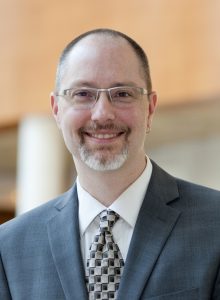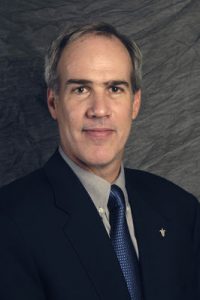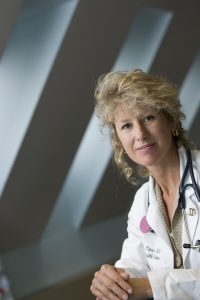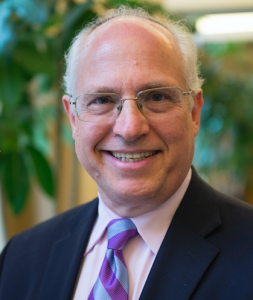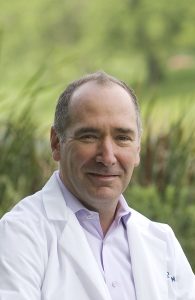Physician burnout and distress – causes, consequences, and a structure for solutions
This session will briefly review data on physician burnout and dissatisfaction before considering current knowledge of the contributors to and consequences of physician burnout and distress. We will then discuss evidence in support of both individual-focused and organizational solutions, and how these may be aligned with the known drivers of burnout and distress to optimize benefits.
Improving Medical Student Mental Health: A Multifaceted Approach
Dr. Slavin will provide an overview of a multi-faceted initiative at Saint Louis University School of Medicine that is designed to enhance the mental health of pre-clinical medical students. He will describe the various components of the initiative, the mental health outcomes for students, and the resilience and mindfulness curriculum that is taught to the students.
Strategies for promoting personal health & wellness and leading change
Leaders in Academic Medical Centers face a need for robust change in healthcare. They are faced with diminished resources, expanded expectations and are called upon daily to lead change and achieve the “Triple Aim” of better health, better care and lower costs. Leaders of change also face increased stress and burnout. Thomas Bodenheimer’s, “Quadruple Aim” (1) challenges leaders to prioritize their own health in order to effectively promote the health of others. By applying the continuous quality improvement (CQI) process at the personal level, leaders can demonstrate the knowledge and skills to lead change while simultaneously promoting personal improvement. This session will focus on describing strategies for leading change at the personal level. Participants will have an opportunity to reflect on the components of the process of change, their own resilience, personal vision and to strengthen their commitment to personal health choices. They will critically analyze and prioritize areas for personal improvement and define global aims, SMART objectives, actionable steps, timelines, challenges and resources for sustainability. The process begins with a personal needs assessment and ends with an actionable personal improvement plan. Participants will be supported to implement their personal plans and to partner and disseminate tools with team members and colleagues at their home institution. At the conclusion of this seminar, the participant will be able to:
- Describe the importance of achieving “The Quadruple Aim”
- Discuss Strategies for Leading Change Personally and at the Team level
- Adapt the model for systems improvement as a framework from which to apply personal health improvement.
The Imperative for Incorporating Mind-Body Medicine in Health Professions Education
More than half of practicing physicians exhibit characteristics of chronic stress and burnout. This trend may begin earlier with the observed decline in empathy during medical student training and alarming rates of burnout in medical and other students in the health professions. In this presentation, Dr. Haramati will review published outcomes on curricular interventions to help students and faculty manage stress, foster empathy and build resilience. He will also share his perspective on why it is essential to incorporate mind-body techniques into the training curriculum for all health professionals—something that will require both skill and courage.
Cultivating Resilience and Reducing Burnout for Health Professionals: The Power of Presence, Reflective Practice and Appreciative Dialogue
During this session, Dr. Krasner will explore the issue of burnout, and its effects on quality of care and quality of caring in the medical encounter. After defining resilience, he will then examine ways to cultivate resilience in health professional development. Particular focus will be given to Mindful Practice, an approach designed cultivate resilience through the cultivation of mindful attention and awareness, reflections and sharing among physicians and other health professionals of clinical narratives, and the use of appreciative dialogue in identifying the strengths and capacities that lead to greater meaning, satisfaction and resilience in medical practice.
